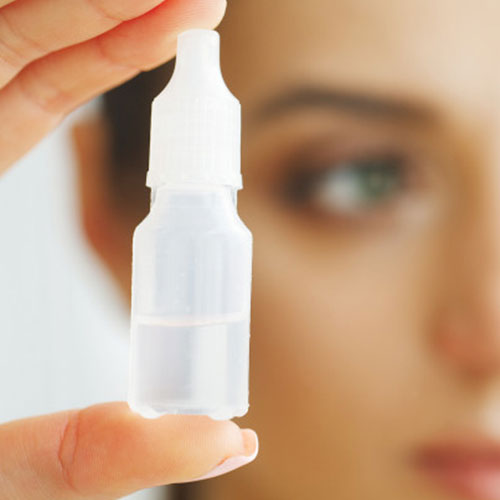
Composition : EACH 10 ML CONTAINS:-TULSI AND GINGER OIL
Quick Enquiry
Tulsi and Ginger oil - Basil oil is derived from holy basil leaves, its calming properties help to lift your mind. Tulsi is a sacred plant that has supernatural properties. Tulsi is helpful in reducing the side effects of cold due to its antimicrobial, adverse sensitizing properties. Influenza is reduced by taking a few basil leaves with honey as it acts on impervious health. Tulsi reduces the side effects of asthma due to its cough-curing properties.
Used in aroma-based healing applications, the ginger essential oil is animating and warming. Ginger oil works with detoxification, aids absorption eases abdominal and endocrine discomforts, elevates craving, clears respiration, eases palpitations, and eases excitability. Contact your pharmaceutical specialist for additional information about what does.
Uses of Tulsi and Ginger Oil
Ginger oil Like other rejuvenating balms is exceptionally concentrated. Ginger oil has a distinctive odor that can be recognized as solid, hot, or pungent. As such, it is often used for fragrance-based treatments. Ginger oil can also be used for a variety of uses for skin and hair.
Oils isolated from basil leaves and inflorescences have been claimed to have various valuable properties, including expectorants, analgesics, antiemetics, and antipyretics. Stress relievers and irritants; and asthmatic, hypoglycemic, hepatoprotective, hypotensive, and hypolipidemic.
Advantage of Tulsi and Ginger oil
- Natural ginger oil has been observed to have a protective effect on the kidneys of rodents treated with cadmium poisoning. Ginger oil was also touted as a calming, preventing changes in kidney function markers or growth-related atoms.
- Evaluated the feasibility of ingesting ginger oil to soothe postoperative disease following abdominal medical procedures. Experts observed that members who inhaled ginger oil rated their illness as better than the fake treatment.
- Some rejuvenating oils, including ginger oil, have been investigated for use in anti-wrinkle creams. Ginger oil was found to have high cancer prevention agent action with other oils.
- Tulsi is a remarkable immunomodulatory spice that may work on its remarkable ability to fight common viruses. Tulsi has antimicrobial, anti-inflammatory properties, it prevents irritation of the mucous lining of the nose. It also prevents the standard recurrence of common cold symptoms.
- Tulsi prevents viral disease. It also has antipyretic and antipyretic action, which activates sweating and normalizes the increased internal heat level.
- Tulsi has an antipyretic action that helps induce sweating during fever and normalizes the increased internal heat level.
- Stress increases the excretion of adrenocorticotropic chemical (ACTH) thus creating cortisol (stress chemical) levels in the body. Basil is a wonderful spice that can work on its remarkable ability to manage pressure.
Side Effects of Tulsi and Ginger
- An isolated leaf of holy basil has been used safely in doses of 500 mg daily for 60–90 days. Consumption of Tulsi can cause discomfort or looseness in the intestines.
- Basil when applied to the skin has been shown to protect when used at a present moment. Holy basil is possibly safe when used in the present moment.
- Ginger may cause tingling in the mouth/throat, stomach pain, the loose motion of the intestines, or indigestion. If any of these effects persist or worsen, tell your medical specialist.
- In any case, seek a doctor if you notice any symptoms accompanying an actual hypersensitivity reaction: rash, tingling, extreme unsteadiness, restlessness.

